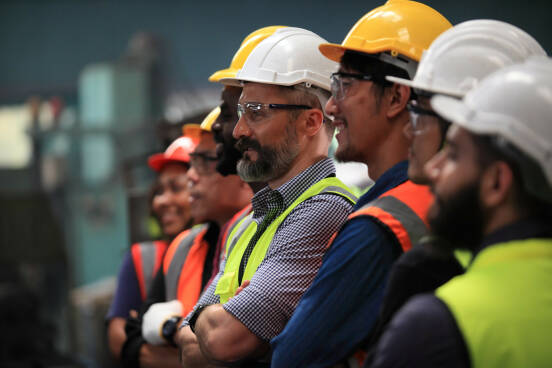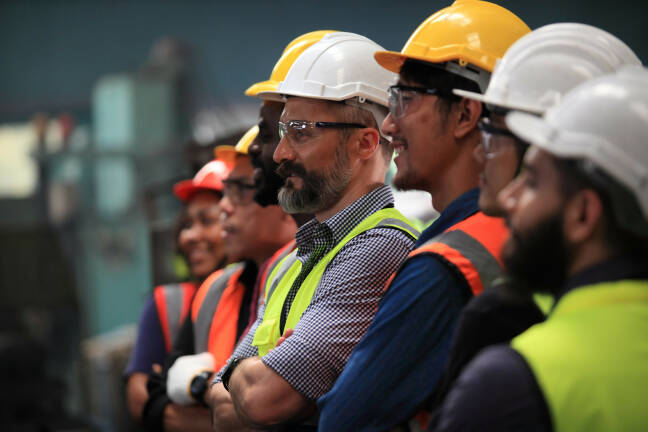
Solution
The chemical industry is facing a huge challenge in the wake of the baby boomer retirement. It is estimated that 10-30% of the workforce will leave the sector over the next 3-5 years – posing a significant problem for companies struggling to attract the next generation of associates.
Sometimes regarded as slow-moving and conservative, chemical companies need Gen Z – anyone born between 1996 and 2010 – to view the industry as an attractive career choice. This is a generation that has a tendency to value purpose over salary, speed of personal development over hierarchy, work life balance over high-pace career development. So as organizations address a decline in their current human resources, many are reassessing how they recruit, train and retain their staff.


Demographic challenges
Vice President and Global Chemicals Lead
ROI-EFESO
Fernando Cruzado

Vice President
EFESO Consulting
Michiel van den Boomen

Senior Vice President and Global Chemicals Lead
ARGO-EFESO
Charles Deise


How training and mentorship programs addressed workforce challenges for two chemical manufacturers
Take a look at how we helped some clients manage employer branding
Senior Vice President and Global Chemicals Lead
ARGO-EFESO
Charles Deise

Vice President
EFESO Consulting
Michiel van den Boomen

Vice President and Global Chemicals Lead
ROI-EFESO
Fernando Cruzado

Take a look at how we helped some clients manage employer branding

How training and mentorship programs addressed workforce challenges for two chemical manufacturers
Demographic challenges

The chemical industry is facing a huge challenge in the wake of the baby boomer retirement. It is estimated that 10-30% of the workforce will leave the sector over the next 3-5 years – posing a significant problem for companies struggling to attract the next generation of associates.
Sometimes regarded as slow-moving and conservative, chemical companies need Gen Z – anyone born between 1996 and 2010 – to view the industry as an attractive career choice. This is a generation that has a tendency to value purpose over salary, speed of personal development over hierarchy, work life balance over high-pace career development. So as organizations address a decline in their current human resources, many are reassessing how they recruit, train and retain their staff.
Solution

